“Stax couldn’t afford me! I did a lot of those sessions for nothing”: Steve Cropper on a lifetime of iconic guitar moments
The legendary session guitarist on the “fluke” of discovering Otis Redding, cutting tracks with Albert King, his memories of the Blues Brothers and his lifelong love affair with the Fender Telecaster.
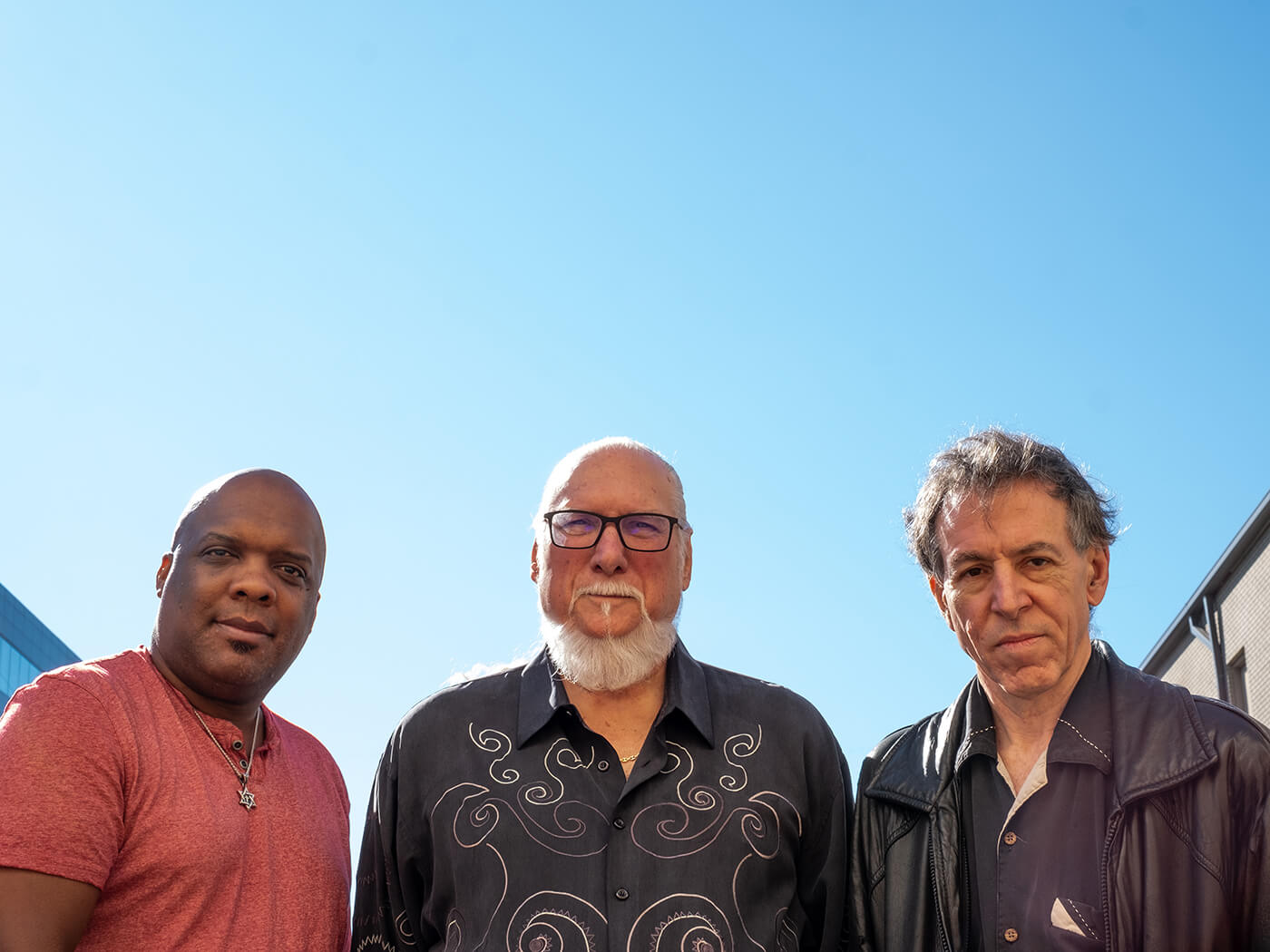
If Steve Cropper never picked up a guitar again, he’d still serve as an inspiration for countless players for the rest of time.
“I have about a half a million seconds I can give you,” the ever-gracious Cropper tells Guitar.com, before launching into one remarkable anecdote after another during the course of our hourlong chat.
“These were tracks that were on a shelf, that would’ve been thrown away,” Cropper says at the outset of our conversation when asked about his new album, Fire It Up. The songs were culled largely from basic tracks cut for Cropper’s recent albums with Felix Cavalierie – Nudge It Up A Notch and Midnight Flyer – recorded on the heels of the pair’s Northwest All-Stars tour, that the Rascal’s legend never got around to writing lyrics for. “The good news is, the producer, Jon Tiven, didn’t throw them away!”
Though it may seem that the term ‘guitar god’ is bandied about all too often these days, Steve Cropper is a certifiable rock ‘n’ roll and R&B icon. In fact, if you flip through the pages of just about any issue of Guitar Magazine, there likely isn’t one of the heroes interviewed who wouldn’t namecheck Cropper as an inspiration in some way. His economical, instantly recognisable, country-tinged R&B playing behind the likes of Otis Redding, Wilson Pickett, Sam & Dave, Albert King and so many others who recorded in the 1960s in Memphis – not to mention his work with his own band, the fabled Stax Records house group Booker T and the MG’s – is the stuff of legend.
That he also wrote some of the biggest hits of the era – including Redding’s (Sittin’ On) The Dock of the Bay – and went on to form the backbone of the Blues Brothers’ band with his fellow MG’s alum, the bassist Donald ‘Duck’ Dunn, and write hits with Rod Stewart and many others over the intervening years, seems simply icing on the cake.
Pressure cooker
Remarkably, it doesn’t take much to get the notoriously humble Cropper to reminisce about the glory days of Stax, cutting tracks with the MG’s, or even how he got “that sound,” during the course of our time together. Even so, when asked about any special challenges or pressures he felt as a guitar player working under those conditions, he let out another hearty laugh.
“You said a magic word there, I didn’t feel as though there was ever any real pressure, other than just wanting to make sure I played enough to keep my job,” he says. “Because if you played well, you got called back. If you didn’t, you wouldn’t get called back. It was just that simple.”
Cropper also credits the intense work atmosphere, as well as one amazing mentor, for making him the nimble player he quickly became.
“Chips Moman [Grammy-winning Gold Star guitarist and producer] taught me how to be a session guitar player,” Cropper recalls. “He told me, ‘Just play what you feel, and if the singer or the producer or the engineer doesn’t like it, they’ll tell you, and ask you to play what they want you to play.’ But everyone seemed to like what I was doing. I just played what I felt, and it worked.”
Cropper, of course was no doubt a quick study, but he was broadly self-taught, with a very little help to get him going at the start.
“Actual lessons – paid for lessons – I had three in total,” he says with a chuckle. “That sure saved my family some money, didn’t it?”
As for his guitar of choice – which became a trademark of both is look and sound – Cropper says it was almost by accident.
“It was really an engineer’s choice,” he explains. “If you see old pictures, I started off in the Mar-Keys playing a Gibson Byrdland. But the neck got too small, because my hands grew but the neck didn’t! So, when I traded in, I got an Esquire, real cheap, stripped it down, and painted it Candy Apple Red – which turned it purple, though folks though it was pretty and told me to leave it that way – and, right away, that simple, plain Tele-sound, played against those back beats of our drummer, Al Jackson, gave everything I did a sound that the engineers really loved.”
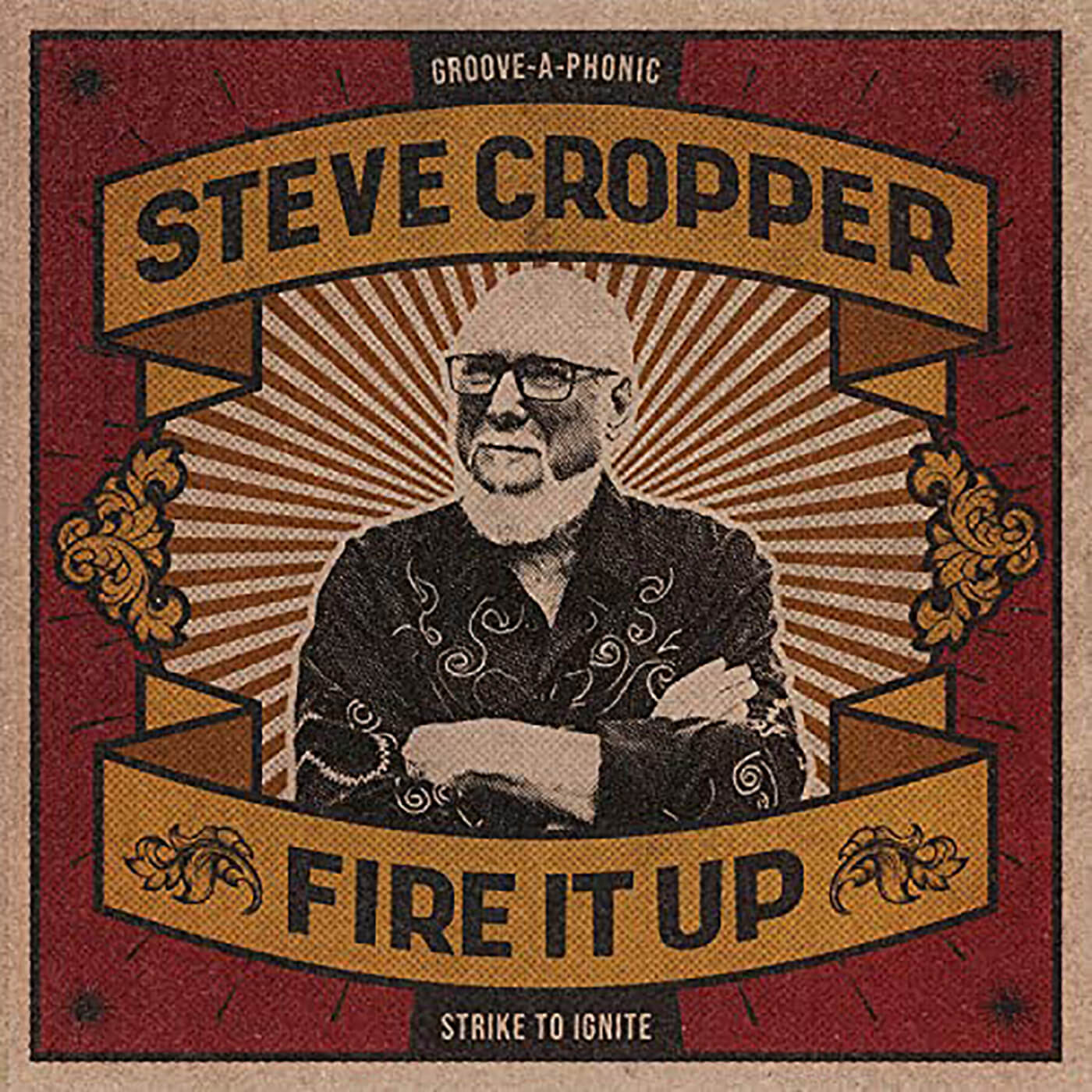
Before long, that chiming Telecaster would become Cropper’s trademark, and a starring sound on countless hit records.
“I guess so,” Cropper says with a laugh. “I got known for it, anyway, so I stuck with it.”
The simplicity – not to mention the economics – of the times, Cropper insists, were also key to his formative years as a player.
“In those days it was all mono, so I couldn’t really add much,” Cropper recalls of his earliest sessions. “I get asked sometimes, ‘How come there was only one guitar player on those records?’ I tell them, ‘Because they couldn’t afford a second guitar player!” And that’s why. Stax couldn’t even afford me! In fact, I think I did a lot of those sessions for nothing.”
In fact, for several years, Cropper only used one guitar in the studio and on tour. Then, along came Otis Redding.
“When I got to writing with Otis Redding – who wrote everything tuned to a chord, which I thought sounded pretty good – I got another Tele and tuned it to a chord,” he explains. “So I had one Tele tuned to a chord and another one tuned standard. And when we went on the road in ’67, that’s all I had. It was simpler times, that’s for sure.”
“I had to almost relearn and reinvent myself, so I could make minors in that tuning. If you notice, none of Otis’s songs that he wrote had any minors in them. But when he sang them, it just worked. If somebody else sang it, it’d sound terrible, probably. They’d be rubbing against the third. But it didn’t bother Otis any. He just made it work somehow.”
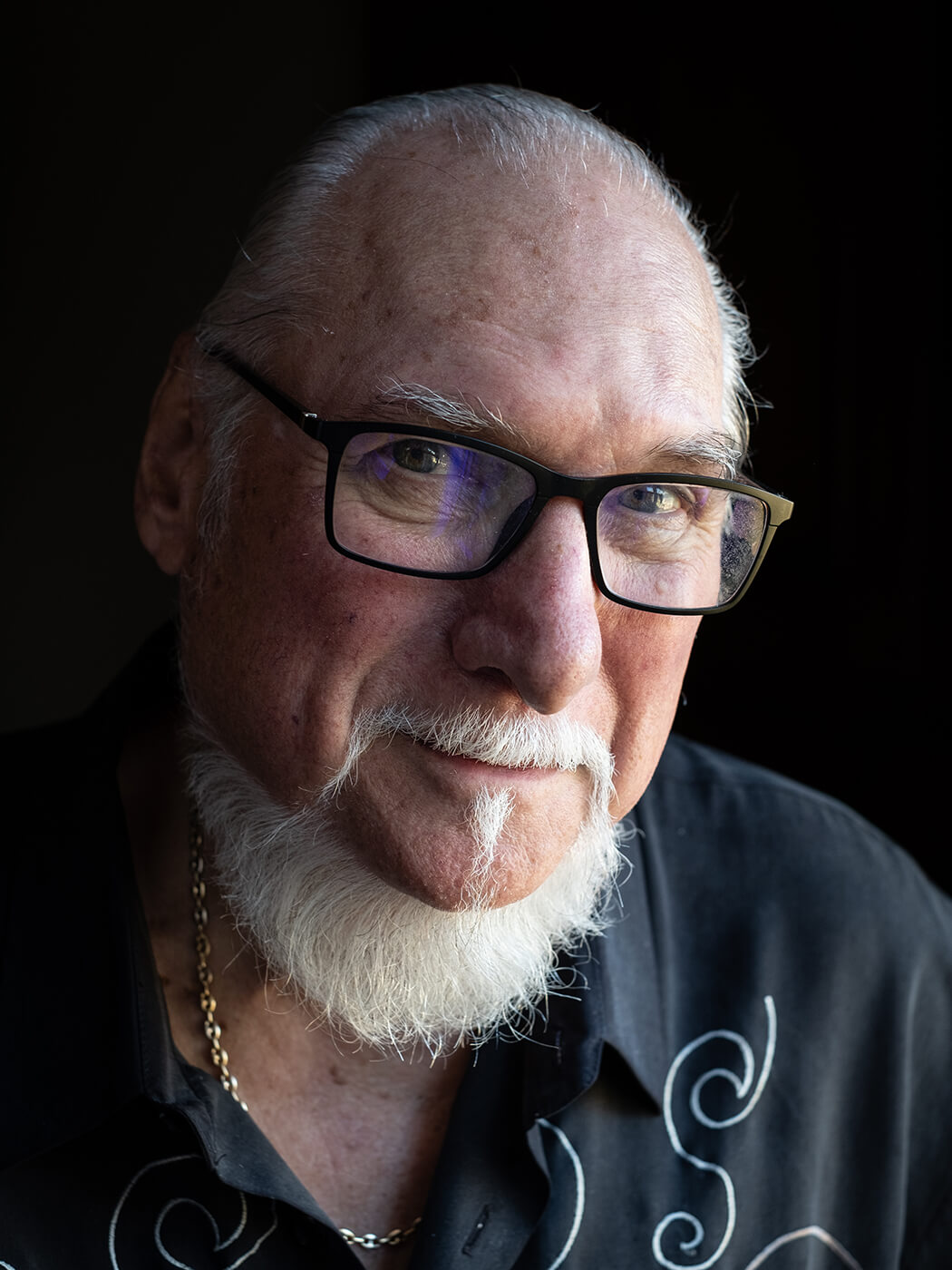
Redding festival
Croppers partnership with Redding was the sort of thing that only comes along once in a lifetime, if you’re lucky. One that any guitar player would give just about anything for. But Cropper says it almost didn’t happen.
“That was a fluke,” he insists. “We were making a Johnny Jenkins record and he was the driver!”
But as the A&R man on hand at the session, the legendary singer was one of Cropper’s first big discoveries.
“Al Jackson told Otis I wouldn’t have time to listen to him, because he was bugging him,” Cropper recalls. “At the end of the session, Jim Stewart called a wrap, and Al cornered me. He said, ‘You know that guy I told you about earlier? He’s bugging the crap out of me. Can you just take two or three seconds out of your time and listen to him to get him off my back?’ I told Al to bring Otis down to the piano for me to have a listen. I told Otis, ‘Okay, play something.’ But he said, ‘I don’t play no piano, I just play a little guitar,’ and asked if I knew any church chords. I told him ‘Maybe just enough to rhyme with,’ because Marvell Thomas, of all people, was teaching me to play piano. So I started playing 6/8 triplets, and he kicked in with, ‘These arms of mine…’ I went running up to the control room. ‘Jim, stop whatever you’re doing. You’ve got to come and hear this guy sing.’ He thought I’d lost my mind! But I was so confident about Otis that I knew that if he didn’t insist Jim would have fired me right on the spot. He reluctantly came down, and immediately went, ‘Holy shit. Call the band back.’”
In fact, it was Duck Dunn, Cropper’s best friend and his legendary partner on bass, who reminded him, not long before he died in 2012, of the rest of the story.
“Duck told me, about two days before he passed away, ‘You came running out on the sidewalk, and put your face in the trunk of my car, and said, “Duck, get your bass out, we’ve got to cut a demo real quick.’ And that was These Arms of Mine! So you can’t tell me that there’s not a higher power making you do shit that you wouldn’t normally do.”
While Cropper’s chops on Redding’s record are undeniable, their songwriting partnership was also incredibly fruitful.
“The thing about Otis was, he always had 15 unfinished ideas,” Cropper explains. “He’d work on them till he got bored with, and he’d just put them away. Because he knew that if he brought a song into Stax, we’d probably finish it. He would’ve written with anybody that was willing to listen, I just happened to be his producer, so I got to hear them first.”
And did Redding’s limited knowledge of songwriting point Cropper’s guitar parts in a particular direction?
“No way,” he exclaims. “Only the music does that. The melody of the song and the music. I get asked it a lot, but I don’t recall ever coming up with a guitar riff that was real cool and then writing lyrics to it. In fact, I’ve had people send me tracks they wanted me to write lyrics to – so I’ve done it – but I don’t think I ever had any hits that way. For me, it’s always better to let the music itself inspire what I’m going to play, and go from there. In fact, it’s better to start with a title raw, and just go with that, and come from the heart and from the feeling you get in your inner gut. Then all you have to do is make it feel right.”
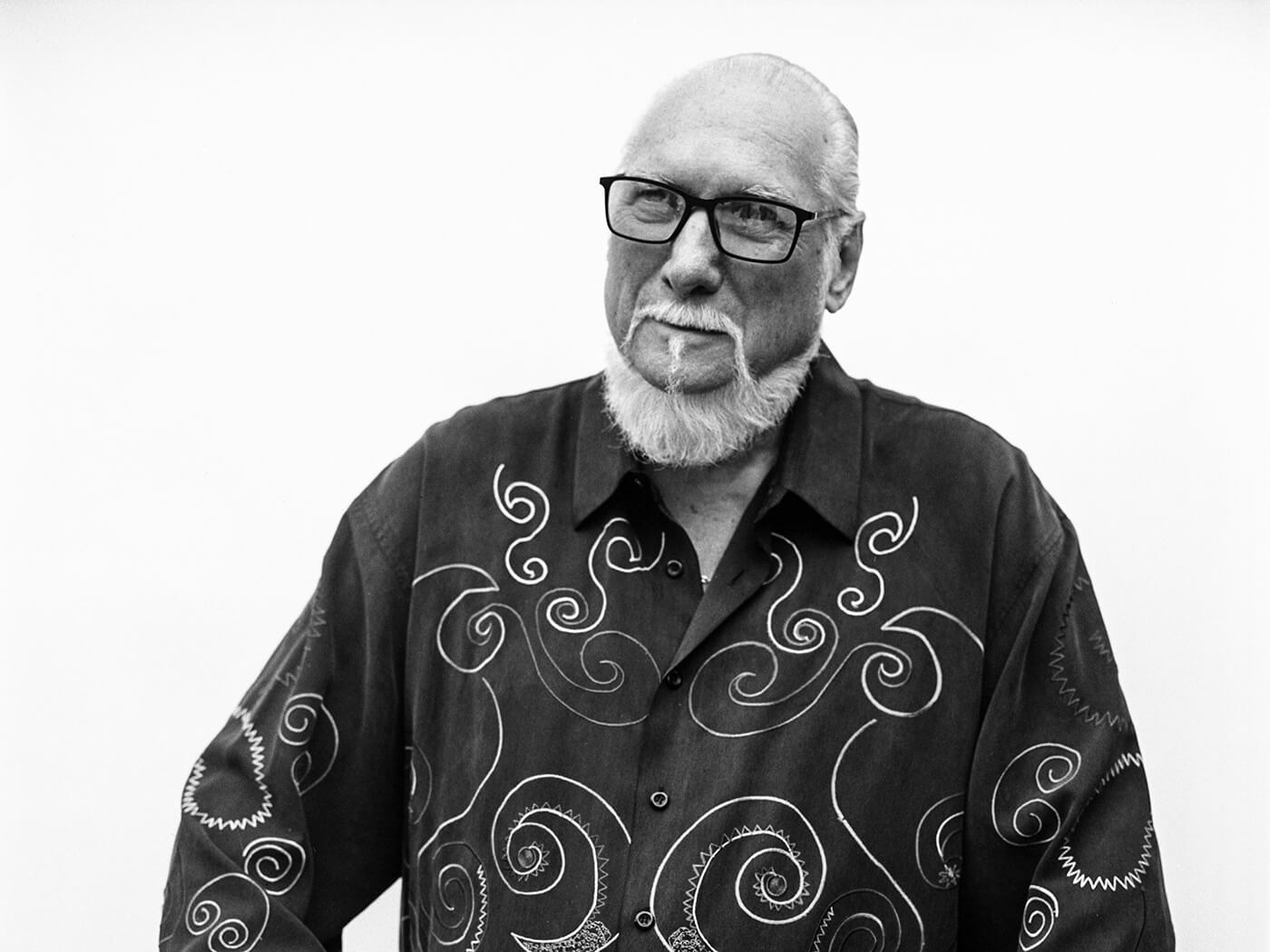
King’s road
The nature of the session game means that many of the artists you work with don’t ever see the success that they may have deserved, so it gave Cropper real pleasure when one started making a splash after a long time of trying.
“When we first worked with Albert King, he was a blues guy who had these old blues songs that we took in a different direction and they started hitting,” Cropper says proudly. “Born Under a Bad Sign and Crosscut Saw – I’ll never forget when we cut those – holy mackerel. Albert knew they were something else. Plus, I don’t think Albert had ever really received a real royalty check. He’d gotten screwed out of everything he’d ever done. He was one of those guys that grew up not trusting anybody, because he’d been stolen from all his life. Promoters and club owners and record company folks robbed him. But when he came to Stax, all of a sudden, he got paid for what he did, and for the records that he sold. He was head over heels about that. When he got his checks from Stax, it changed his whole life. He used to come to Duck and me and say, ‘When we going to make another record?’ Because all of a sudden he was making good money for the first time in his life!”
Brothers in arms
In the 1970s, Cropper became famous all over again, as part of the Blues Brothers band, backing John Belushi and Dan Ackroyd – then of Saturday Night Live fame – on some of the soul and blues songs Cropper had originally made famous.
“We’d done two albums with Levon Helm and the RCO All-Stars – and two world tours – and we wound up playing the Palladium in New York on New Year’s Eve in 1977,” Cropper recalls. “John Belushi was there, and he told me later he said to somebody, ‘If I ever put a band together, I want that band.’ And he pretty much got most of that band. He got Duck and I, for sure.”
With Belushi and Ackroyd white hot commodities on the back of the then-groundbreaking SNL, the record they made with Cropper and company was a smash hit. A feature film was quickly shot, to capitalize on the moment.
“The movie was an afterthought,” Cropper recalls. “Because we were a real band.”
But Dan Ackroyd, Cropper says, had had the script in his head for years.
“Danny acted out the original script for me, and I laughed my butt off,” he recollects. “But the finished movie? I laughed two or three times. Because there’s more dedicated to other things – music and car crashes – than funny lines.”
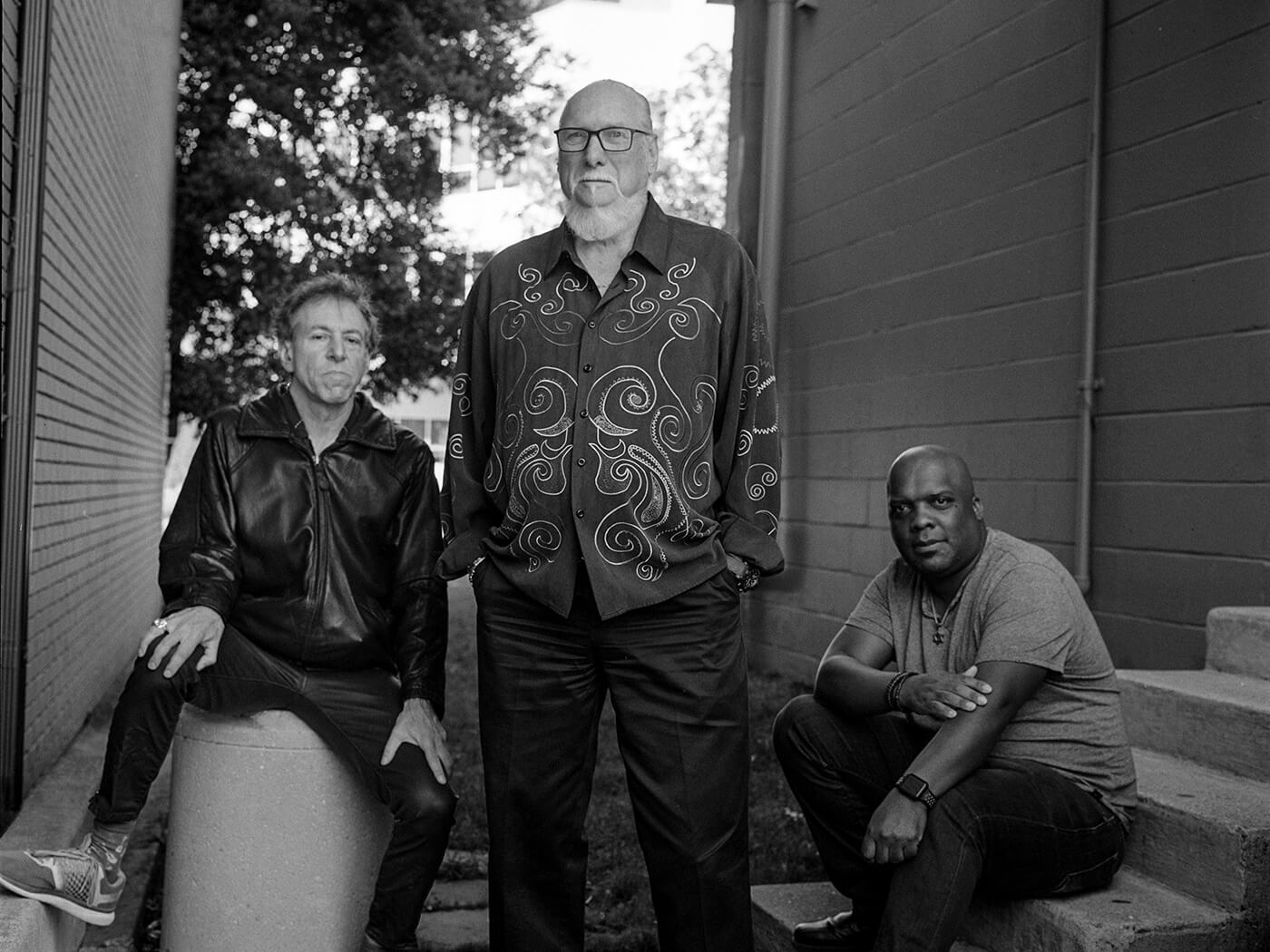
Still, Cropper remembers his late-friend Belushi fondly.
“John and I used to hang all the time, and he was one of those guys who could say anything or nothing and be funny,” Cropper says, wistfully. “He was like Lou Costello. You’d just laugh your butt off all the time with him.”
As for the naysayers in the music community who gave Cropper stick about playing with a couple of actors, Cropper says he told them all that Belushi and Ackroyd were the real deal.
“We got a lot of flak – Duck and I did – about playing with those guys,” he recalls. “Folks said, ‘What are you guys doing playing with these two clowns from SNL?’ But those guys were great musicians. John Belushi had played drums and had sung in a band for years before he ever went to Second City. And Aykroyd is actually playing the harmonica on everything we did.”
In those heady days, Cropper says there were plenty of stand-out run-ins with rock royalty.
“I would have to say my experience with Rod Stewart was pretty memorable,” Cropper declares. “Tom Dowd called me and said, ‘I’m producing a solo record for the guy who wrote Maggie May from the Faces, get your guitar and take him some songs.’ He was in Beverly Hills, and when I got there he was out at the pool. I played him a song called ‘Too Much Noise,’ which became ‘Stone cold sober…’ That was a biggie. I wrote several songs with him that I didn’t get credit on, in fact, but it doesn’t matter. That’s just the way things worked. Tommy Dowd said, ‘Hey man, that’s just the way the big stars do things.’”
Keep it simple
There’s a simplicity to Cropper’s playing that belies the fact that it speaks to so many people in such a profound way. So what advice would he give to young players trying to get noticed?
“I’ve done lectures, and I tell kids, “If you want to get noticed, taking a selfie that 10 million people see in less than 10 seconds is fine, but then 10 million people have moved on, while you’re still at home going, ‘Man, don’t I look great.’ Now, you could wear a silly hat or do something crazy that really gets people’s attention, if you just want to be known, or stand out from the crowd. Or you could just learn to play the guitar better. That would work too. And that’s a lot simpler than some things, though it’s not that simple, either. So most of all, follow the dots and learn your craft and good things will come to you.”
Cropper also insists that the flash that entices so many young players isn’t all it’s cracked up to be.
“I’ve always thought of myself as a rhythm player, because I get off on the fact that I can play something over and over and over, while other guitar players don’t want to even know about that,” he says. “They won’t even play the same riff or the same lick twice! That’s fine. And they’re unbelievable. I’m glad they can do that. But that’s not for me. In fact, I couldn’t do what lots of other players do.”
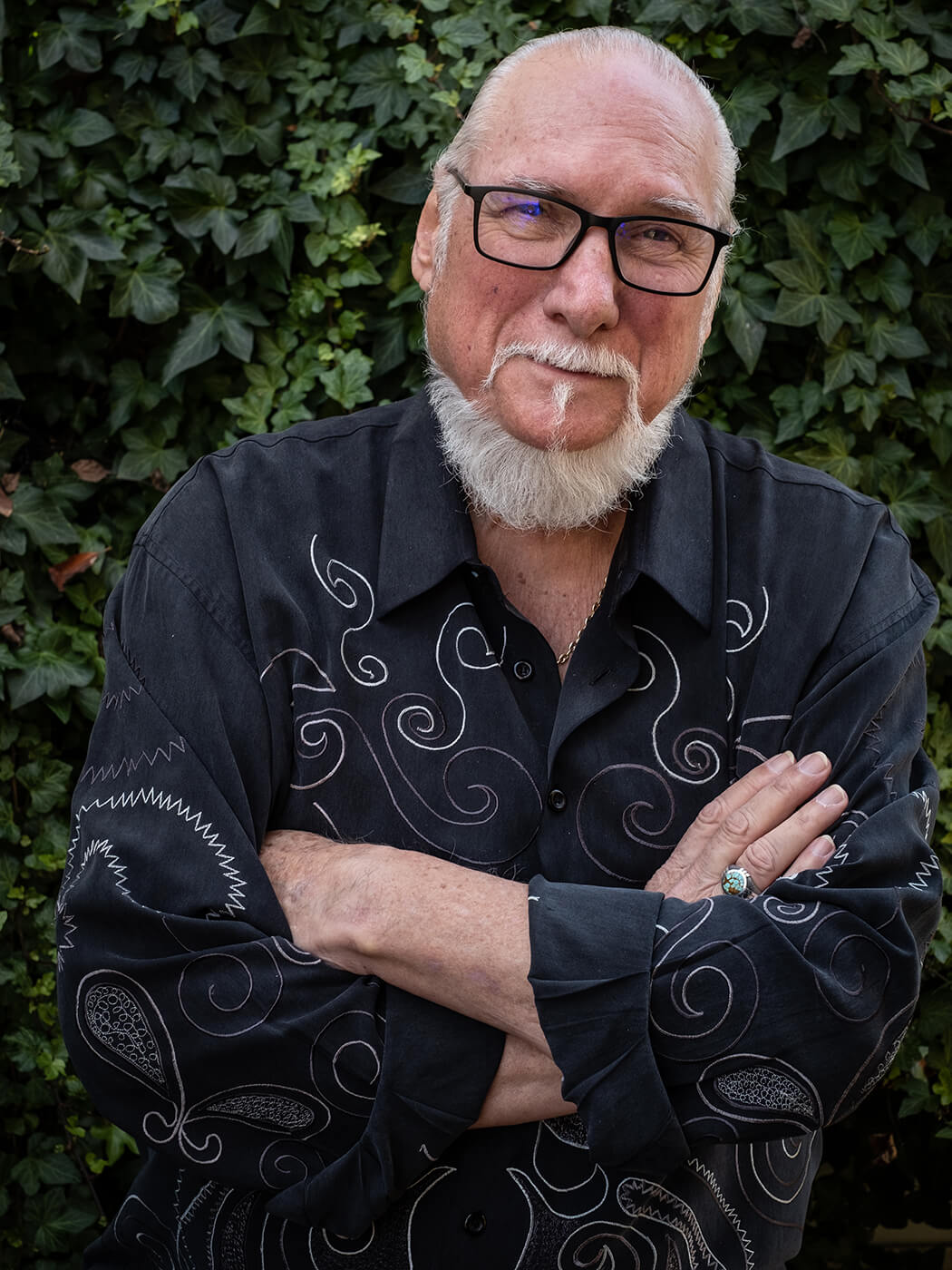
His trick, therefore, it to keep things simple and repetitive and interesting, while giving everything he does a groove that makes it memorable
“When I play, the song has already sold me enough to pull something out of me,” Cropper says. “Otis Redding used to pull stuff out of me I didn’t even know I could do.”
Ultimately, of course, the magic in Cropper’s playing comes not just from his fingers, but from his soul, and that’s not necessarily something you can learn.
“Like I said, I often play things I don’t know I’m going to play. It’s very hard to duplicate that,” he says. “People ask me, ‘Did you know that was going to be a hit?’ In fact, I thought all of them were hits! We treated every song exactly the same. We had no idea one was going to be better than the other, until they were mixed. But if the songwriter didn’t have the vision to start with, I wouldn’t have been inspired to do what I do. So I guess the trick is to find great songs. Of course, that’s the tough part.”
As for our addiction to pedals, Cropper has one last piece of remarkably simple advice.
“Throw them all away!” he says with a hearty laugh. “Booker was asked one time, in an interview, ‘How does Steve Cropper get his sound?’ And Booker said, ‘With his hands.’ That’s kind of quirky to say, maybe, but it’s true, too. Your guitar playing should come from your heart and that should guide your hands. And in my old age, my hands may not move like they used to, but they still do alright.”
Steve Cropper’s Fire It Up is out now on Mascot Label Group/Provogue.
